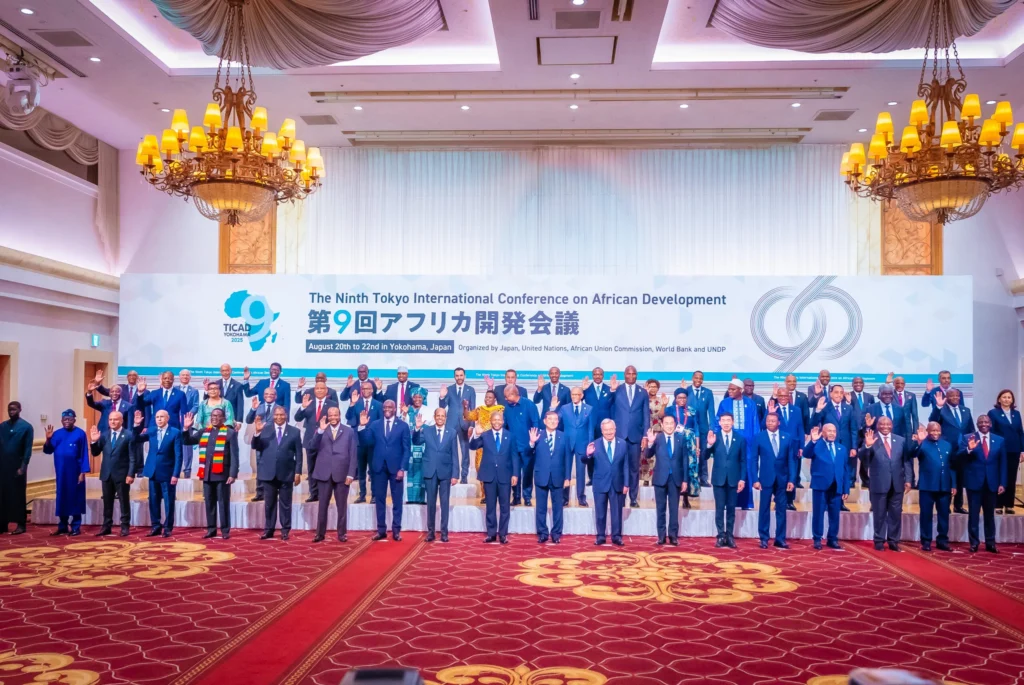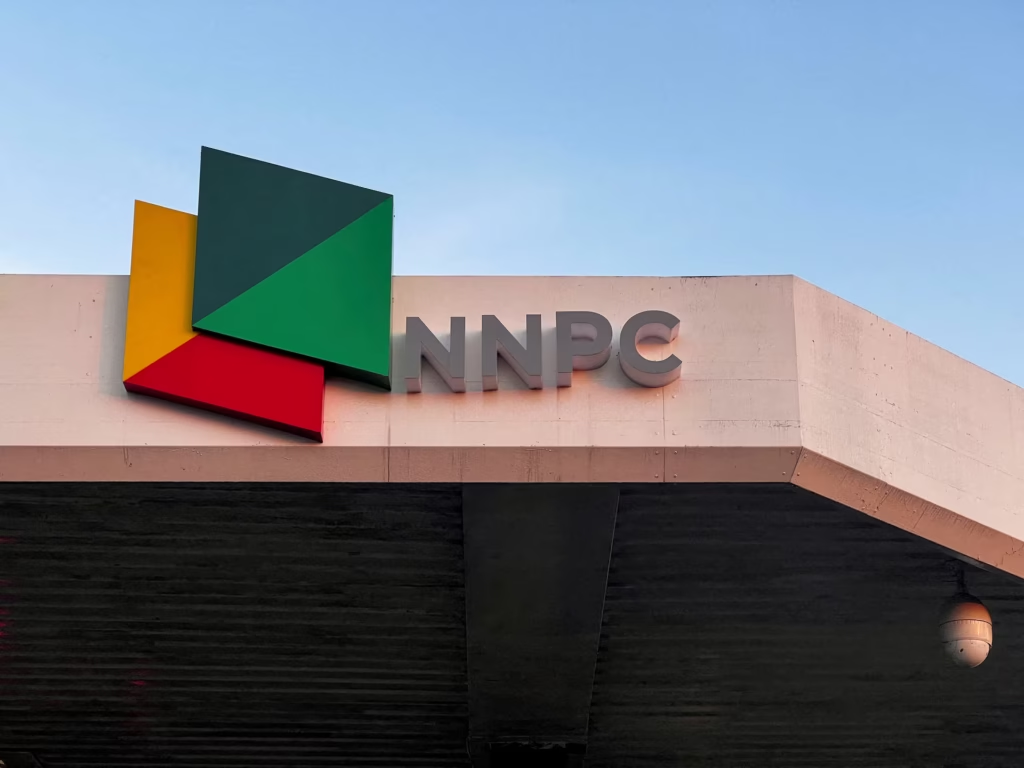
Japan firmly rejected claims on Tuesday that it plans to issue special visas under the Japan International Cooperation Agency’s “Africa Hometown” initiative. The denial came after Nigeria announced that Tokyo would create a special visa category for talented young Nigerians to live in Kisarazu.
Japan’s Foreign Ministry declared the Nigerian statement “inconsistent with the facts,” urging Abuja to retract and issue a corrected press release.
The controversy arose from a Friday announcement by the Office of Nigeria’s President, sparking widespread reactions across traditional and social media platforms. Reports suggested Tokyo would welcome African migrants to fill labour shortages and breathe life into rural towns facing depopulation.
Japan, however, clarified that the “Africa Hometown” initiative aims solely to strengthen cultural and social exchanges between four Japanese cities and four African nations. Officials stressed that “there are no plans” to issue special visas or implement policies encouraging large-scale immigration from African states.
The Ninth Tokyo International Conference on African Development (TICAD 9) concluded last week in Yokohama, gathering leaders from nearly 50 African countries. During the summit, Japan pledged $5.5 billion in loans to support African infrastructure, sustainable growth, and long-term socio-economic development projects.
The diplomatic misunderstanding highlights how fragile messaging at high-level forums can fuel misinterpretation and create confusion across continents. For Tokyo, the incident underscores its cautious approach to immigration, balancing demographic challenges with political sensitivities over foreign labour.
For Nigeria, the episode represents a misstep in communicating international agreements, risking credibility with both its public and global partners. As corrections are demanded and clarifications issued, the future of the “Africa Hometown” programme rests not on visas but on trust.




